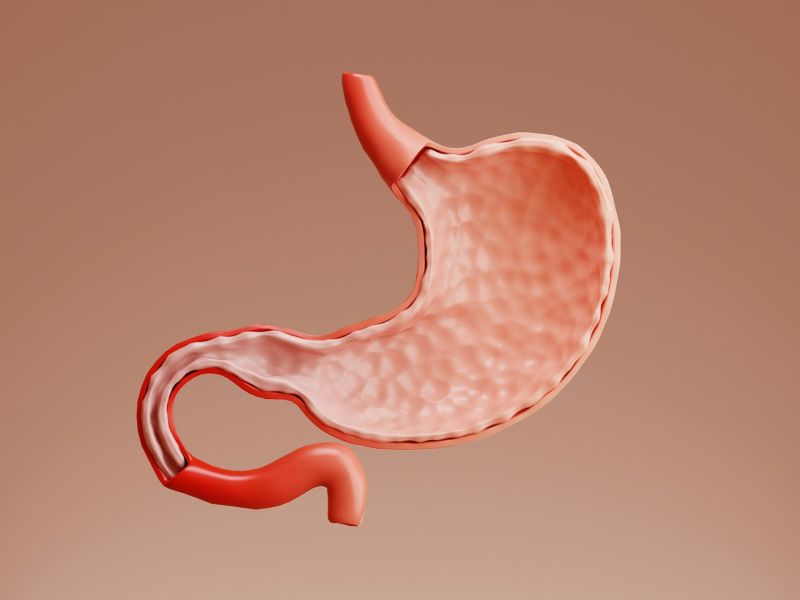
Advancing Care for Pediatric Patients with C. difficile: Insights from a Clinical Webinar on Investigational FMT
On March 28, 2023, OpenBiome convened a live webinar featuring a distinguished panel of physicians from Boston Children’s Hospital, Texas Children’s Hospital, and the University of Minnesota. The discussion focused on the clinical management of pediatric patients with Clostridioides difficile (C. difficile) infection, with a particular emphasis on diagnostic considerations and the use of investigational fecal microbiota transplantation (FMT).

How to Recruit and Engage Stool Donors
Stool banking depends on a pool of committed and healthy stool donors. Building a sustainable donor pool can be difficult as less than 3% of prospective donors may pass health screenings, necessitating a large recruitment effort. This paper reviews several considerations for recruiting stool donors including guidance on advertising, designing incentives, and maintaining clear communication with prospective and active donors.

Fecal Microbiota Transplantation: An Introduction to FMT, its History, and Therapeutic Potential
Fecal Microbiota Transplantation (FMT) is a groundbreaking medical procedure that involves transplanting stool from a healthy donor into the gut of a recipient. This treatment helps restore the balance of bacteria in the intestine, offering powerful therapeutic benefits—most notably in the treatment of recurrent Clostridioides difficile (C. difficile) infections.

Clinical Considerations for Donor Screening
Evaluating the health of stool donors providing Fecal Microbiota Transplantation (FMT) material is a crucial and dynamic aspect of stool banking. Donor selection criteria may vary depending on multiple factors such as geography and patient population, and is continually being updated to reflect the latest understanding of FMT and the microbiome. This paper reviews clinical considerations underlying donor selection using OpenBiome’s screening criteria as an example.

From Stool Donation to FMT Preparation: The Logistics of FMT Manufacturing
Fecal microbiota transplantation (FMT) preparations comprise minimally processed stool that retain a broad fraction of the stool donor’s complete microbiome. Note: Considerations for donor screening are covered separately in a white paper titled “Clinical Considerations for Donor Selection”

When is an FMT Treatment Ready for Use? Health Monitoring and Material Release
Stool banking is a complex, multi-step process that includes screening and monitoring donor health as well as manufacturing fecal microbiota transplantation (FMT) preparations from donated stool. To help ensure that FMT preparations meet the stool bank’s quality and safety standards, a Quality Department reviews all information associated with an FMT preparation and its donor to verify that it is suitable for patient treatment. This paper outlines and discusses basic quality checks that FMT material should pass before it is released for clinical use.

Tracking Patient Outcomes and Adverse Events: Considerations for Pharmacovigilance
Detection and response to reported safety events is one of a stool bank’s most important roles. A robust material tracking and pharmacovigilance program enables timely responses to suspected adverse events including safety measures to mitigate risk to patients receiving FMT at centers being supplied by the stool bank. This paper presents OpenBiome’s material tracking and pharmacovigilance program as an example for surveilling patient responses to FMT.

Efficacy of Fecal Microbiota Transplantation: Current Evidence on Clinical Cure for FMT for the Treatment of Recurrent C. difficile Infection
This paper reviews important points to consider when extrapolating existing efficacy data to the unique situation of an individual patient.

Evaluating a Patient for FMT (For the Treatment of C. difficile)
Fecal Microbiota Transplantation (FMT) has been shown to treat 80-90% of C. difficile infections not responsive to antibiotic therapy in clinical trials and real-world settings. However, the utility of FMT depends on accurate CDI diagnosis and patient selection. As many as 25% of patients may be incorrectly referred for FMT. This paper covers the considerations when evaluating patients for FMT for the treatment of C. difficile.

Current Evidence on the Safety of Fecal Microbiota Transplantation (FMT) for C. difficile infection
In this paper, we provide an overview on the safety of FMT and important points to consider about the procedure. The perspectives presented here draw from the general safety of FMT sourced from universal stool banks (like OpenBiome) and hospital-based stool banks.
This paper is aimed at physicians and healthcare professionals caring for patients being considered for FMT as well as patients themselves.
